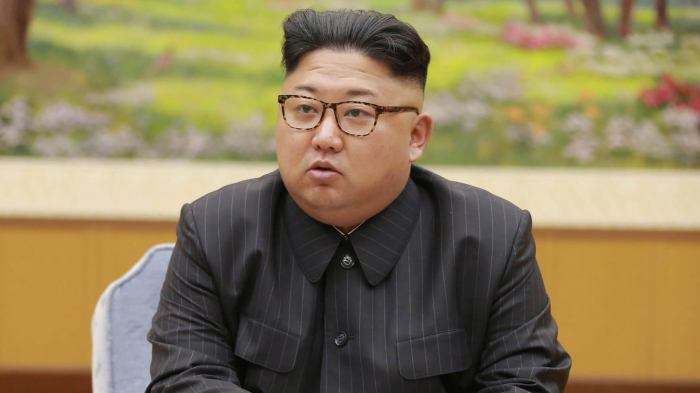According to KCNA, the launches were held to test the means of "deterrence" as well as the potential for "a nuclear counterattack" with the involvement of relevant units of the republic’s armed forces "in a serious warning to adversaries."
KCNA reported that the aircraft carrier USS Ronald Reagan steamed into the Sea of Japan on September 23 to take part in joint military exercises between the US and South Korea on September 26-29 and trilateral ones involving Japan on September 30.
During the drills, North Korea’s military simulated a tactical nuclear missile strike. On September 25 and 28, military exercises were conducted to simulate the deployment of nuclear warheads. On September 28, North Korean servicemen simulated a strike on South Korean airports, on October 6 - a strike on command posts and on October 9 - an attack on major enemy ports.
Also, in response to what KCNA described as "an unstable situation" on the Korean Peninsula a decision was made "to issue a more serious warning" on October 4, when a ballistic missile flew above Japan, KCNA reported.
The North Korean leader gave instructions to the military on the ground. He gave a high estimate of the preparedness of the missile units and said with confidence that the participants in the maneuvers "can be trusted with a key mission of deterring war and maintaining the initiative" in a potential conflict.
More about: North-Korea
















































